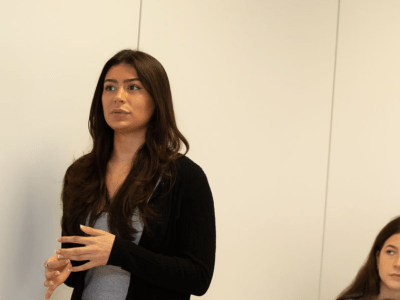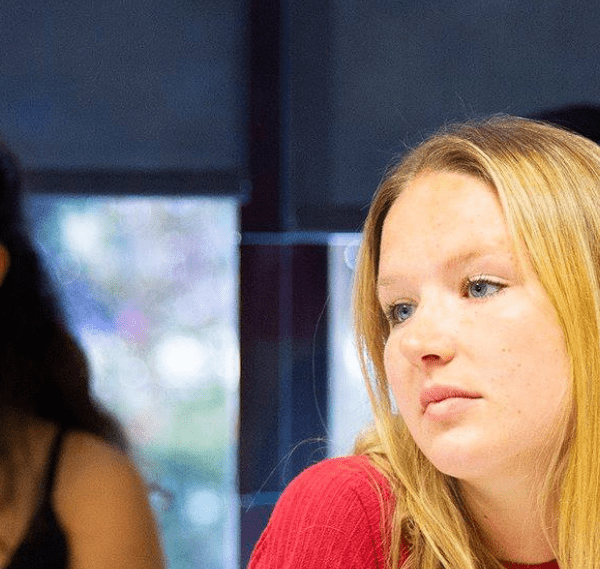Clearing 2024/2025: How To Call Universities
“Clearing” is a period in the UK when universities and colleges fill any remaining places they have on their courses. Equivalent to the Common Application in the US, clearing gives students a second bite at the cherry when their first or second choice university declines a place.
Note that Clearing is a concept unique to the UK, and the processes for late applications or filling vacancies in European universities will vary depending on the country and institution. It’s important to research and understand the specific procedures for the universities you’re interested in applying to.
Calling a university during Clearing can be a straightforward process if you’re well-prepared.
The Clearing Process
Check your UCAS (Universities and Colleges Admissions Service) Hub to see the status of your applications. If you’re eligible for Clearing, it will be indicated, and you’ll be provided with a Clearing number (which you’ll have to give to universities you call).
Universities give out unconditional offers and rejections for most available places when applicants receive their examination results in August. At this point, applicants will know if they have met the conditions of their “firm” (1st choice) and “insurance” (back-up) choices.
Those that do not meet their firm and insurance offer conditions are eligible to use UCAS’ Clearing service, which enables unplaced students to apply for courses with vacancies directly to the university. They do so by searching for an available course, using the UCAS search tool, and contacting each university or college concerned for a place.
Why Use Clearing?
The most common reason for using Clearing is if your grades don’t meet the entry requirements for your firm and insurance choice offers. But there may be other reasons:
- you change your mind about your firm and insurance choices and wish to apply to a different course or university.
- you applied before 30 June but don’t have any offers.
- You only applied after 30 June – you’ll be automatically entered into Clearing once you apply.
If you’re interested in applying to a university through Clearing, here’s how you can prepare yourself to call them:
1. Gather Information:
Before making the call, make sure you have all the necessary information at hand. This includes your exam results, UCAS Personal ID, the course you’re interested in, the university’s Clearing hotline number, and a pen and paper to take notes during the call.
2. Find the Clearing Hotline:
Visit the university’s official website or use the UCAS website to find the Clearing hotline number for the university and the specific course you’re interested in.
3. Prepare a Script or Notes:
Although you don’t need to follow a script word-for-word, having some notes can help you stay organized during the call. Jot down important points like your personal details, exam results, your interest in the course, and any questions you have. Also, have a copy of your Personal Statement handy in case you need to refer to it.
4. Make the Call:
When you call the Clearing hotline, be prepared to be put on hold as the lines can be busy. Once you’re connected to an admissions officer or a representative, introduce yourself, and let them know you’re calling about a Clearing vacancy.
5. Be Ready to Discuss:
The admissions officer might ask you a series of questions to understand your situation and determine if you’re a suitable candidate for the course. Be prepared to discuss your academic qualifications, any relevant experience, and why you’re interested in that course. Primarily, the admissions officer wants to know: “Why do you want to study this course/subject, and why do you want to do it at this university?”
Other common questions for which you should be prepared are1:
- Why do you think you didn’t get the grades you predicted?
- What do you enjoy about learning?
- How do you cope with challenging situations and people?
- What is your experience of being part of a team?
- How do you motivate yourself, and deal with stress?
- What do you want to do after you graduate?
6. Ask Questions:
Don’t hesitate to ask any questions you might have about the course and the university, or any other concerns you might have. This is your opportunity to clarify any doubts you might have. Some commonly asked questions are:
- What are the options and availability of student accommodation?
- How is the course taught? Lectures, practicals, tutorials, one-on-one, virtually?
- How is the course assessed? Coursework and exams, or practicals and end-of-year assessment?
- Is financial assistance available for this course?
- What are the career pathways for alumni? Employment prospects for graduates?
- Are internships available, and does the university assist with placements?
7. Note Down Details:
During the call, the admissions officer might provide you with information about what to do next. Make sure to note down any reference numbers, instructions, or further steps they provide.
8. Consider Your Options:
If you receive an offer during the call, take some time to consider it. You might receive multiple offers from different universities. Remember, you’re not obligated to accept an offer immediately; you usually have a bit of time to make your decision.
9. Accept an Offer:
If you decide to accept an offer, follow the instructions provided by the admissions officer. This might involve logging into UCAS and adding the course to your application.
10. Confirmation and Follow-Up:
Once you’ve accepted an offer, you should receive confirmation from the university. They will provide you with details on enrollment, accommodation, and any other steps you need to take.
Final Thought
The Clearing process can be competitive, so it’s a good idea to be prepared and proactive. Being polite, confident, and well-prepared during the call can leave a positive impression on the university’s admissions team.
If you’re considering studying business Barcelona, Geneva, Munich or Digitally, contact EU Business School’s friendly admissions team for more information here.










